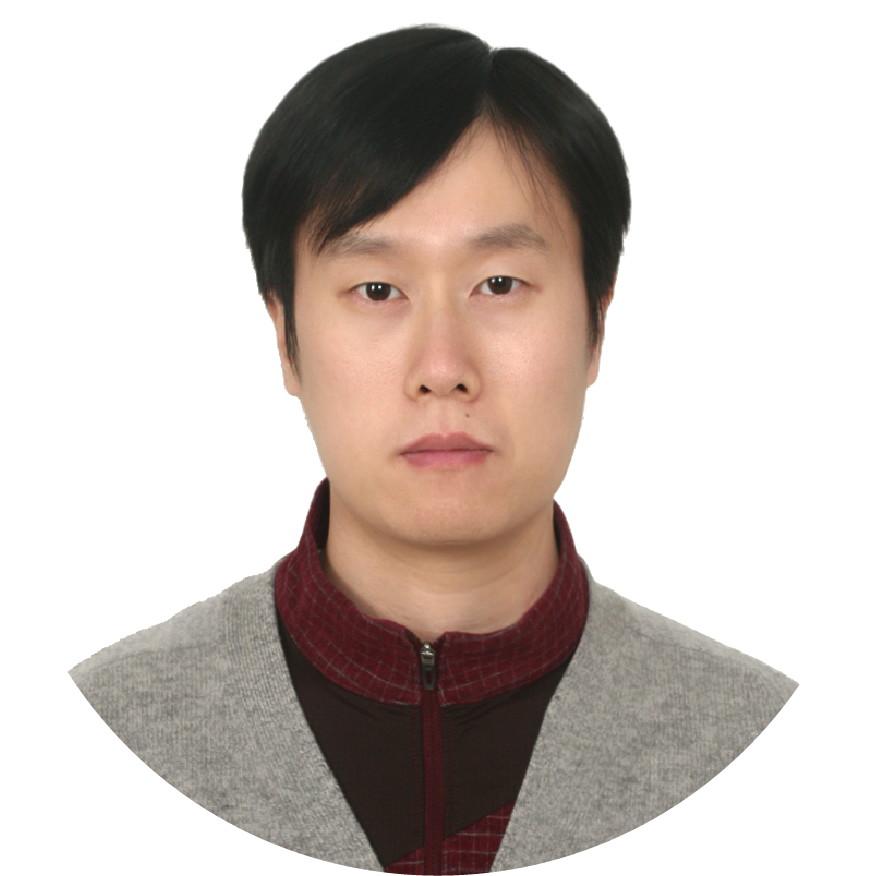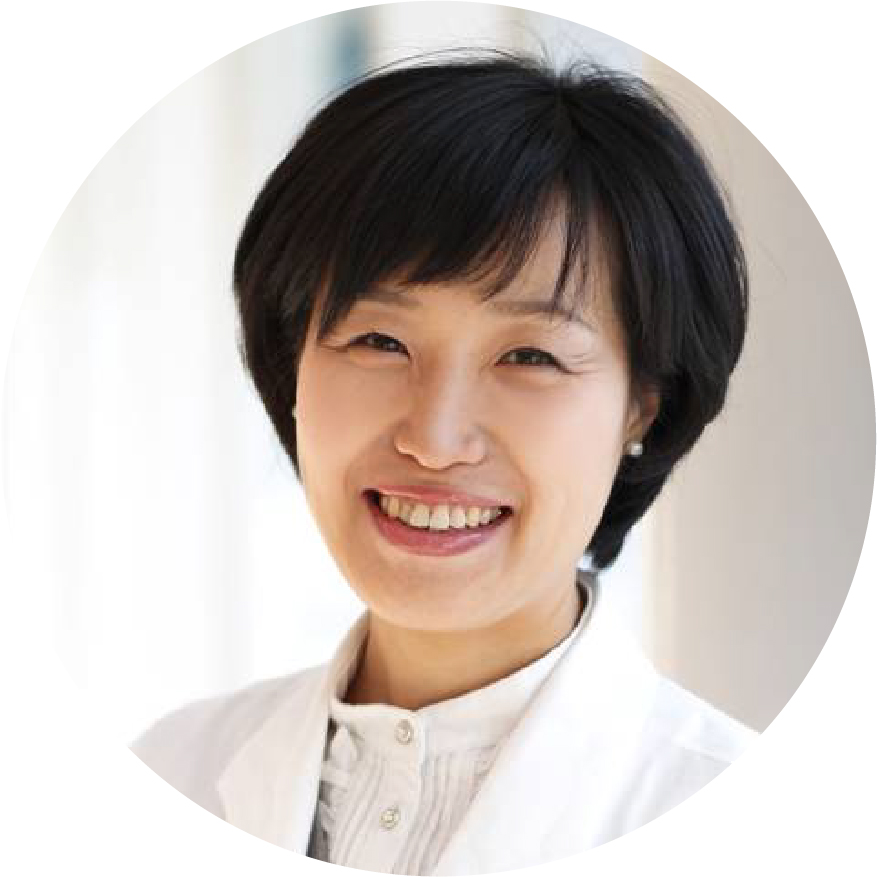

Dr. Sang Hyun Park is a Principal Researcher at the Korea Institute of Nuclear Safety (KINS) and serves as the head of the Medical Radiation Safety Department.
Dr. Park obtained his Bachelor's and Master's degrees in Nuclear Engineering from Hanyang University. He later obtained his Ph.D. from the Department of Nuclear Engineering at Hanyang University, specializing in Health Physics.
From 2010 to 2016, Dr. Park had been involved in regulatory and research activities in the field of nuclear emergency preparedness and response at KINS. Since 2017, he has been responsible for regulatory and research activities in the field of medical radiation. Before joining KINS, he worked as a medical physicist at the Korea Institute of Radiological and Medical Sciences (KIRAMS) and was involved in the National Research Foundation of Korea's nuclear fusion research and development program.
Dr. Park is the representative of the Republic of Korea to UNSCEAR since its 71st session in 2024.

Dr Jin Kyung Lee was appointed as President of the Korea Institute of Radiological and Medical Sciences (KIRAMS) in April 2023. She has been working as an attending physician at the Korea Cancer Center Hospital of KIRAMS since 2005. She was a director in the department of laboratory medicine and also in the department of life/health promotion which oversees a radiation effect clinic and a cancer screening clinic.
Dr Lee graduated in 1992 from the Ewha Womans University college of medicine in Seoul and received a medical doctor (MD) degree followed by a PhD degree from the Chungbuk University in 2002. During her residency, she focused on molecular diagnostics and cytogenetics for cancer patients. In 1998, she received the board certificate from the Korean Society of Laboratory Medicine.
Dr Lee's research interests focuses on developing biomarkers for targeted cancer therapy and its resistance. She has published many articles dealing with genetic profiling of cancer cells aiming for precision oncology. She recently is interested in cancer susceptibility genes and hereditary cancer syndromes. As advances in high-throughput sequencing technologies enabled discovery of increasing number of germline and somatic variations, her research has expanded to an interaction between germline predisposition and accumulation of somatic variations and its effect to carcinogenesis.
Dr Lee is a member of the Association for Molecular Pathology (AMP) and served as a Korean delegate for International Affairs Committee of AMP since 2019.
Dr Lee has been member of Korean delegations since 2012, and the alternate representative of Korea since its sixty-fifth session in 2018.